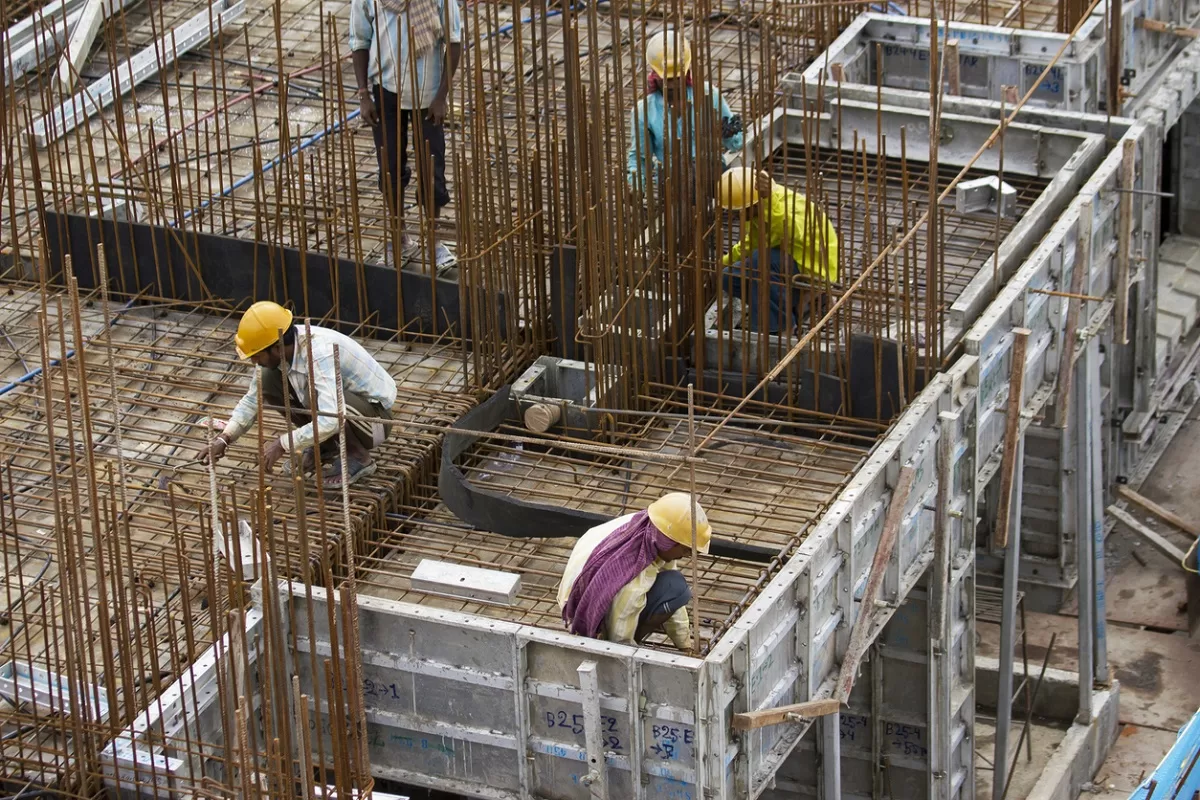Amidst escalating concerns about the declining air quality in the national capital region, the Commission for Air Quality Management (CAQM) has activated stage III of the Graded Response Action Plan (GRAP). This includes a prohibition on all non-essential construction and demolition activities in Delhi-NCR, according to officials.
The enforcement of GRAP-III guidelines has sparked apprehension in the real estate sector, with developers expressing worries about potential delays in project delivery and the subsequent impact on homebuyers. Developers emphasize that a one-month suspension of construction work typically results in setbacks of two to three months for a project.
This marks the second instance this winter where non-essential construction and demolition activities have been restricted by the CAQM due to deteriorating air quality. Previously, GRAP III measures were put in place on November 3 and were lifted after 26 days on November 30, 2023.
GRAP actions are contingent on four stages of pollution: Stage I – ‘poor’ (AQI 201-300); Stage II – ‘very poor’ (AQI 301-400); Stage III – ‘severe’ (AQI 401-450); and Stage IV – ‘severe plus’ (AQI above 450).
CAQM officials report that Delhi’s overall Air Quality Index (AQI) has been on a decline since December 22, reaching 397 at 10 am and worsening to 409 at 4 pm. Alongside the ban on construction and demolition activities, activities such as stone crushing and mining will also be suspended in Delhi-NCR during GRAP III.
However, exceptions to the construction ban include projects related to national security or defense, those of national importance, healthcare facilities, railways, metro rail, airports, interstate bus terminals, highways, roads, and flyovers.
GRAP-III also entails restrictions on the entry of BS-IV diesel light commercial vehicles (LCVs), BS-III petrol vehicles, trucks, and medium and heavy goods vehicles registered outside Delhi, with exceptions for those involved in providing essential services.
Impact on the real estate sector
Manoj Gaur, President of the NCR Chapter of the Confederation of Real Estate Developers’ Associations of India (CREDAI), expressed concerns that the broad construction ban could lead to project delays and increased costs.
Gaur emphasized that RERA-registered projects, both commercial and residential, should be considered public interest projects and be exempted from pollution control guidelines.
Builders advocate for a case-by-case approach in implementing air pollution regulations. Nikhil Hawelia, Managing Director of Hawelia Group, argued that real estate construction is not a major contributor to pollution compared to vehicular emissions and roadside dust. He suggested that authorities focus on controlling these primary sources of pollution.
Hawelia proposed a more nuanced approach, suggesting that construction activities should only be restricted at sites where the AQI levels are deteriorating and pollution control norms are not being adhered to. He also highlighted the adverse impact on laborers, who become jobless during construction bans, often returning to their hometowns. The shutdown of a site for even a short period necessitates additional time to mobilize the workforce, further exacerbating project delays.


